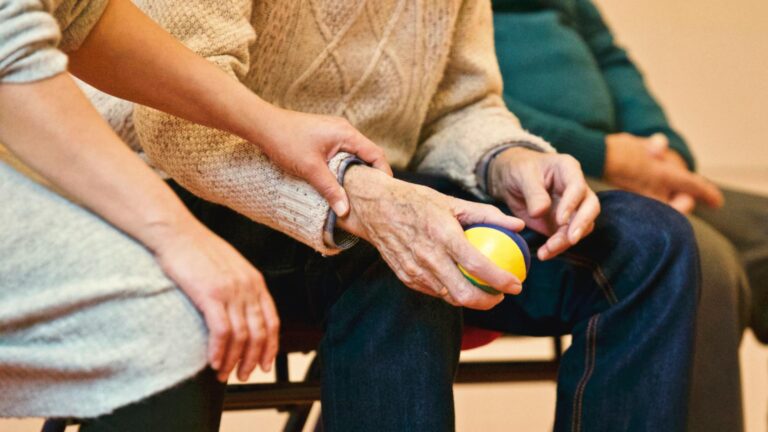Cancer patients can travel during treatment, but whether it is safe or advisable depends heavily on the type of cancer, the treatment phase, and the patient’s overall health. Many factors must be considered before planning any trip, including immune system status, recent surgeries, type of therapy received, and potential risks related to infections or complications.
Travel during cancer treatment is often possible if carefully planned and coordinated with healthcare providers. For example, chemotherapy can weaken the immune system significantly. During periods when immunity is low—especially right after chemotherapy sessions—traveling may increase vulnerability to infections. Doctors usually recommend waiting until the immune system recovers before traveling[1]. Similarly, patients who have recently undergone surgery need sufficient healing time before they can safely travel; this varies depending on surgery extent and individual recovery speed[1].
Patients who have had bone marrow or stem cell transplants face a particularly high risk of infection for several months afterward due to suppressed immunity. Travel in these cases requires extreme caution and close consultation with medical teams[1]. In general, any condition that suppresses immunity means avoiding crowded places like airports or public transport where exposure to germs is higher.
Timing your trip around your treatment schedule is crucial. Some patients find there are windows between treatments when their energy levels improve temporarily—a good opportunity for short trips if approved by their doctors[1]. However, even then certain destinations might not be suitable:
– **Humid climates** may worsen breathing difficulties in some cancer patients.
– **Very sunny locations** might pose risks if radiation therapy or medications have increased sun sensitivity.
Before booking travel plans it’s essential to discuss destination choice with your oncologist so they can advise based on your specific treatments and side effects[1].
The COVID-19 pandemic added extra layers of complexity for cancer patients considering travel because they are at higher risk for severe illness from respiratory viruses due to weakened immune systems. Protective measures such as wearing masks in crowded areas remain important during travel even now for many immunocompromised individuals[2]. Patients should also consider vaccination status against COVID-19 as part of their safety planning.
For those needing ongoing treatments like chemotherapy infusions that traditionally require hospital visits far from home, newer options are emerging that allow more flexibility. Some therapies may now be administered at local clinics or doctor’s offices closer to home rather than specialized centers requiring long-distance travel every time[3]. This development helps reduce the burden of frequent long trips during intensive treatment phases.
If you do decide to travel while undergoing cancer care:
– Plan carefully with input from your healthcare team.
– Carry all necessary medications and medical records.
– Know how to access medical care at your destination.
– Avoid exposure risks by practicing good hygiene and avoiding crowds when possible.
– Prepare accommodations that support rest and comfort since fatigue is common.
Caregivers also play an important role in supporting traveling cancer patients by helping manage logistics such as transportation arrangements and ensuring safety measures are followed throughout the journey[4].
Many comprehensive cancer centers offer resources specifically designed for traveling patients including lodging near hospitals (like hospitality houses), transportation assistance programs, patient navigators who help coordinate care remotely while away from home—and social workers who provide emotional support through what can be a stressful experience away from familiar surroundings[5].
In summary: Traveling during cancer treatment isn’t automatically off-limits but requires thoughtful preparation tailored individually based on disease status and therapy type. With proper timing between treatments; careful attention to infection prevention; choosing appropriate destinations; having contingency plans; staying closely connected with healthcare providers; plus leveraging available support services—it’s often feasible for many people living with cancer to take trips safely without compromising their health too much. The key lies in personalized planning guided by expert advice rather than one-size-fits-all rules about whether “cancer patients should” or “should not” travel while receiving care.





